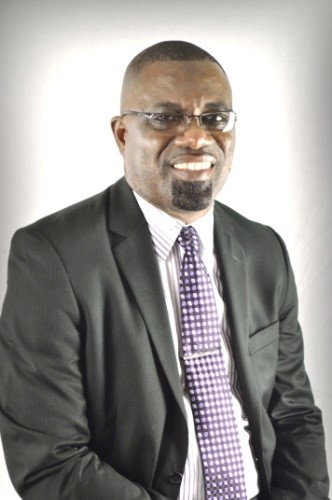
Director’s Message – September 2019
National AIDS Programme (NAP) Managers and Civil Society Organisation (CSO) Leaders sharpened skills for advocacy and media engagement at the recent PANCAP Communication Training. PANCAP recognises that engagement in advocacy and policy dialogue with national, regional and global partners is crucial for both NAP Managers and CSO Leaders if we are to fill the gaps articulated in the Caribbean Regional Strategic Framework on HIV and AIDS (CRSF) 2019-2025. PANCAP also recognises that our current pool of advocates in both national AIDS programmes and civil society organisations require training to strengthen their capacity to effectively engage with policymakers and the media.
Strategic Priority Area 1 of the CRSF 2019 – 2025 calls upon national technical managers and experts to become more sophisticated in their advocacy with policymakers and to take advantage of mass and social media as powerful tools for advocacy which cuts across all seven strategic priority areas. Our national managers and experts must provide the technical leadership required for bold and innovative action. Such action is crucial for effecting change in policy and legislation and increasing domestic resources for sustaining the HIV response.
UNAIDS reminds us that advocacy has sparked action in the face of denialism and indifference, mobilised unprecedented financial resources and enabled communities to participate in designing health services that meet their needs. UNAIDS emphasises that advocacy is a defining feature of the response to the AIDS epidemic, and it is a crucial factor in the levels of investment and political commitment dedicated to responding to AIDS.
The communication training enabled participants to increase their skills in advocacy for funding and policy change and to engage through the mass and social media from an evidence-informed position. Having sharpened their skills, technical national partners must now utilise the PANCAP Regional Advocacy Strategy 2017 to increase their strategic advocacy and media engagement.
This overarching regional strategy seeks to harmonise advocacy efforts and amplify the voice of PANCAP partners (including expanding the coverage of priority issues by mass media), to present a unified front with consistent messaging across constituencies and sectors, to extend reach into regional high-level political fora and national political processes and mechanisms, and to strengthen connections to the communities most affected by structural barriers.
It provides a framework for harnessing and building on the comparative strengths of partners in a way that increases the likelihood of success to create a broad-based coalition in which more established partners, such as the Caribbean Vulnerable Communities Coalition (CVC), provide the capacity building and access needed for key population communities to be the drivers of advocacy action.
UNAIDS also reminds us that advocacy remains crucial to driving sufficient resources, addressing the needs of the people most affected, and holding governments accountable for the concrete results that will lead to ending AIDS as a public health threat. I call upon the participants of the training and other stakeholders to be bold in their advocacy while recognising that it takes practice to develop its full strength and potential. Johann Wolfgang von Goethe wrote, “Boldness has genius and power and magic in it.”
